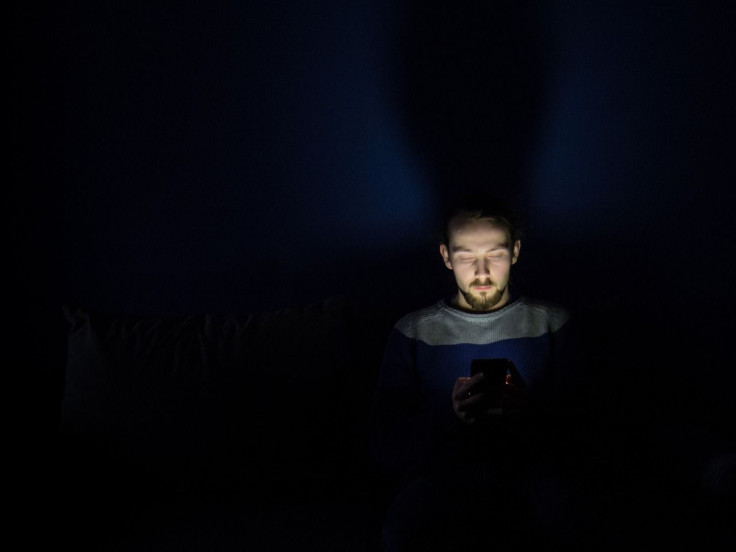One Night Activity Can Cause Your Blood Sugar Levels To Spike

Type 2 diabetes is a health problem that affects millions of people worldwide. The rise and fall of blood sugar levels are primarily affected by the lifestyle of the patients. You might not know it, but there is one nighttime activity that could invariably lead to a rise in blood sugar.
Smartphone/Tablet Use at Night
A study that was published in Physiology and Behaviour revealed that using your phone or tablet for one hour before sleeping could increase your blood sugar levels. The same goes if you watch television an hour before going to bed.
The study explained that exposure to light from these devices before sleeping could affect both your blood sugar and your weight. It did not delineate the kind of light or the kind of device in particular, but being exposed to light from an electronic device like the smartphone or tablet would suffice.
According to the Ohio State University researcher, Dr. Kathryn Russart, light during nighttime is referred to as an endocrine disrupter. She explained that the body’s circadian rhythm leans toward 24-hour solar days. There are certain environmental clues that are being used by the body to keep the body clock synced.
Harmful Nighttime Use
She emphasized that exposure to levels, which are thought of as harmless, can lead to a couple of health problems. The body’s circadian clock also manages regular hormonal rhythm, and this creates an imbalance when there is too much light exposure at night.
The difficulty of falling asleep negatively affects blood glucose levels. Night light influences the body’s secretion of melatonin. This then affects the secretion of leptin, a hormone that signals the body that it is already full. Since this is thrown off, you get to gain weight.
Recommended Lux of Light
According to the study, they recommend that you should have only 5 lux of light at night in order for the circadian rhythm not to be disturbed. It emphasized that a tablet, TV, or cellphone, which is one-foot away from the face, could emit more than 5 lux of light, with some reaching even 40.
Dr. Elena Christofides, an endocrinologist in Ohio, suggested that you should use light blocking glasses to help reduce blue light exposure from these devices. Using these glasses from dinner time up to the time that you use computers, smartphones, or tablets, even while watching TV, can help reduce the negative effect of night light on the body’s circadian rhythm.
© Copyright IBTimes 2025. All rights reserved.





















